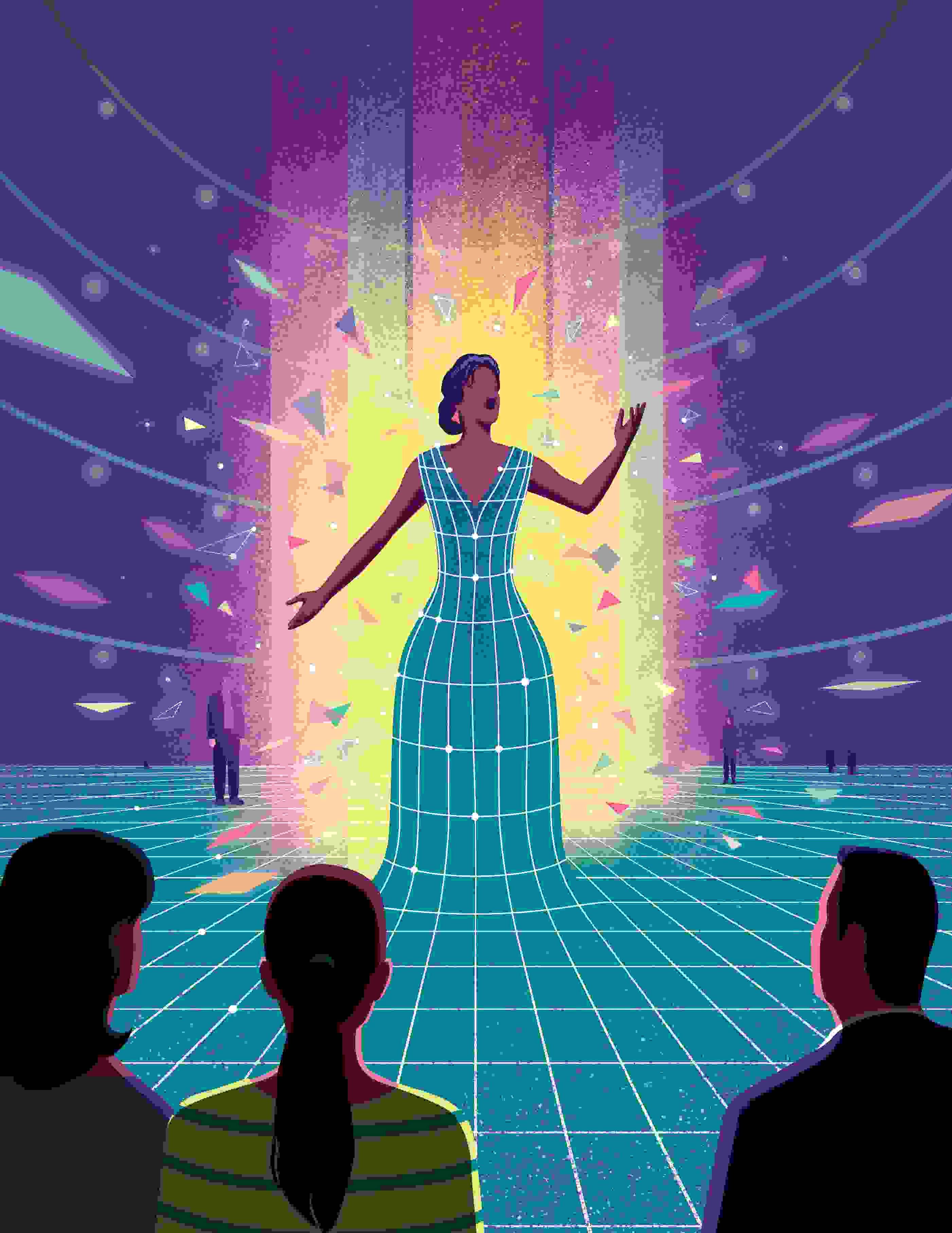Future Tense
Top professionals look into the crystal ball.
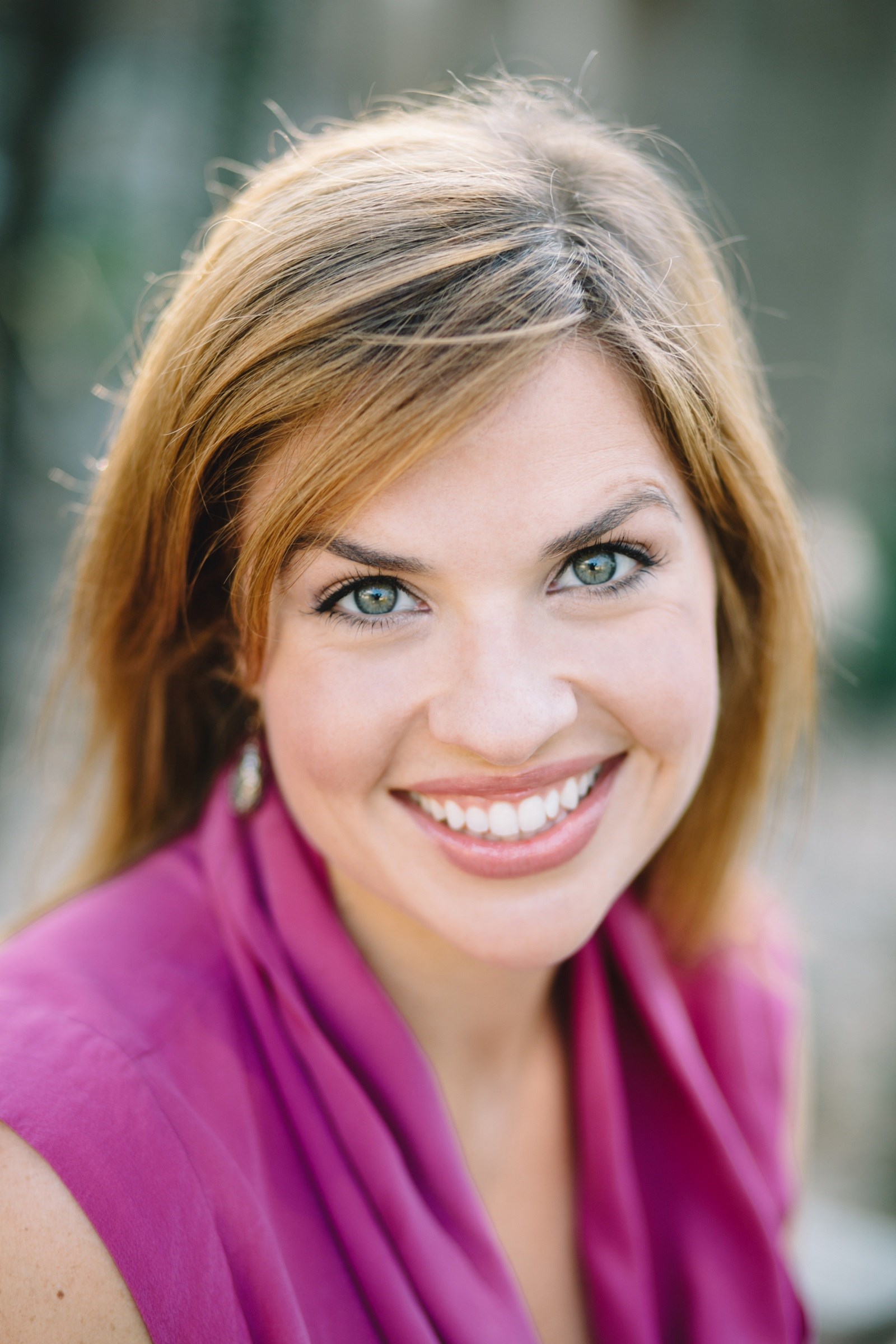
Alejandra Valarino Boyer
Director of Programs and Partnerships, Seattle Opera
Looking at opera’s future, I hope that we’ll see more integration of our companies’ artistic arms and their community engagement arms. We need to have open conversations in our organizations about connecting people to the art form and the art form to people. I hope that we’re going to come out of this time with the understanding that the way we’ve presented opera in the past has excluded a lot of folks, especially communities of color. We need to respond to today’s society and its needs. How do we help people process what’s going on? It might mean that some repertoire doesn’t get performed as much anymore. It isn’t a matter of saying, “These are the great works that you have to see” as much as asking, “What are the works that speak to, and are inclusive of, our communities?” We’re seeing companies explore new ways to connect to audiences and present works that include diverse perspectives. We have to build off of that and create new models so we aren’t going backward.
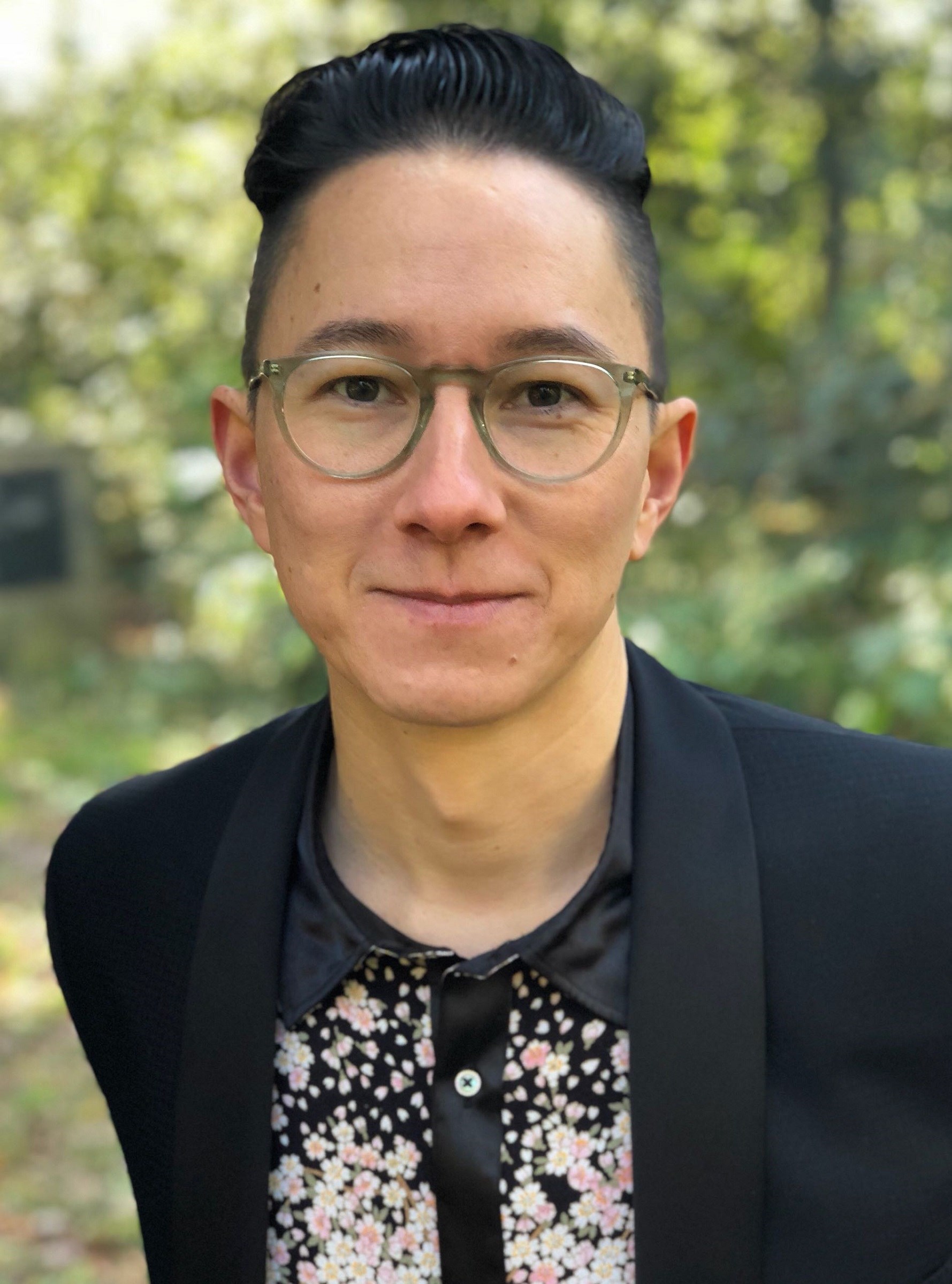
Ethan Heard
Director and Co-Founder, Heartbeat Opera
The pandemic has forced us to forge new ways of using technology. It’s a game-changer: It alters what the art feels like and what our goals are. We’ve been talking a lot as a company about hybrid forms: Maybe productions could welcome some folks in person into a physical space while other folks are experiencing the work in a virtual venue. We’re also focusing more on equity, diversity, inclusion, and anti-racism, and trying to figure out how to make equitable opportunities and inclusive spaces. I hope that in the coming years, all opera companies will find more creative ways to open their doors and their hearts to the world’s beautiful diversity.
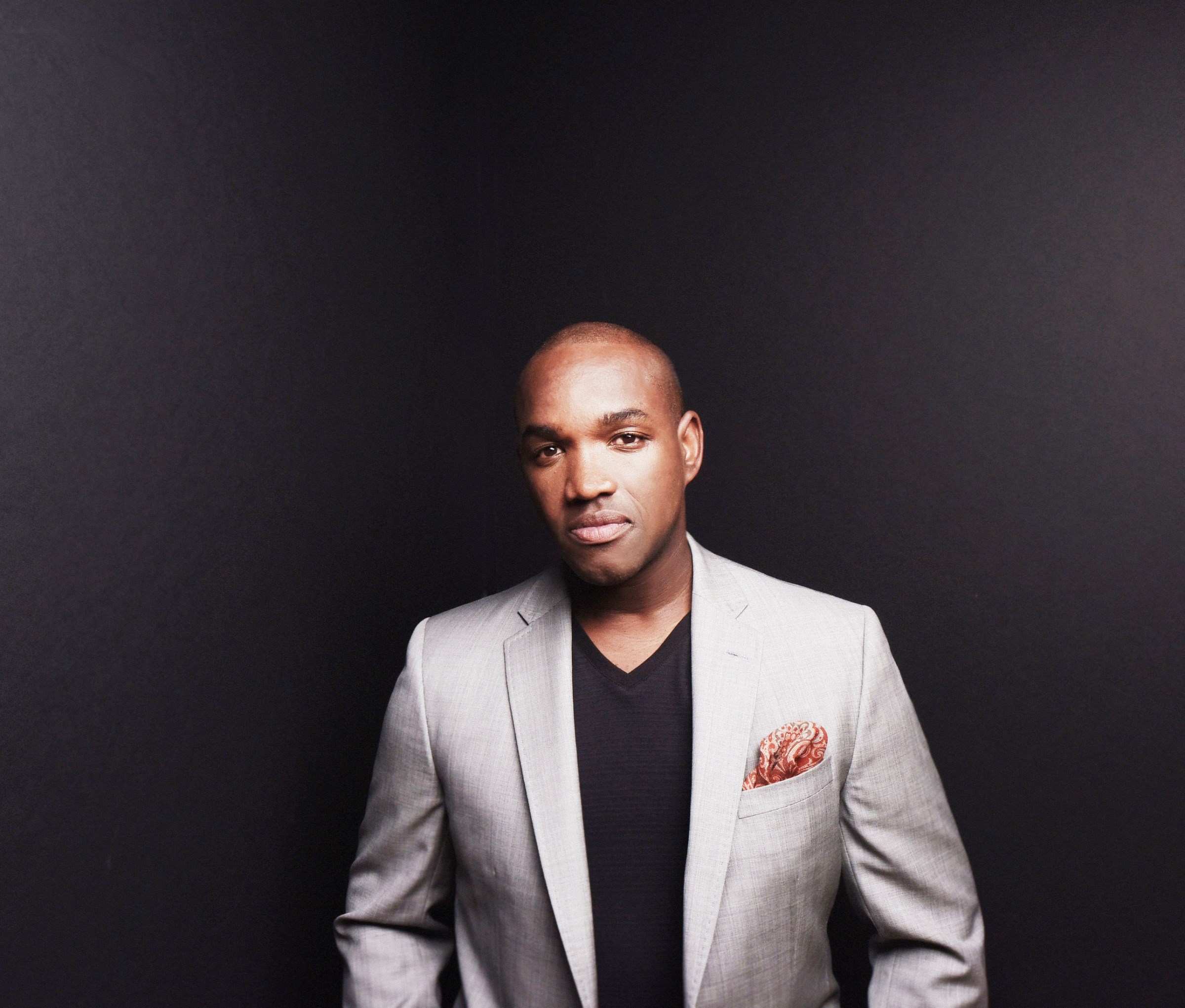
Lawrence Brownlee
Tenor
This year has shown us that opera can be realized in a different way. We have been forced to become more inventive. Maybe in the future we’ll have earpieces that provide beautiful acoustic specificity. Maybe we’ll be looking at holograms. I say this as a lover of the art form who enjoys going to the theater and seeing a live performance, which I think will continue.
In the past we had Leontyne Price and Kathleen Battle. Now we’ve got Angel Blue and Pretty Yende and Soloman Howard and Russell Thomas and Freddy Ballentine. Society wants to see even more of that. You expect to see Black and mixed-race couples on cereal commercials and car commercials, and we’re going to be expecting that on the opera stage. But we need much better representation in the industry. We need the people who do the hiring and the people in the boardroom to be more diverse. As a byproduct of that, the people on stage will be more diverse, and so will the audience.
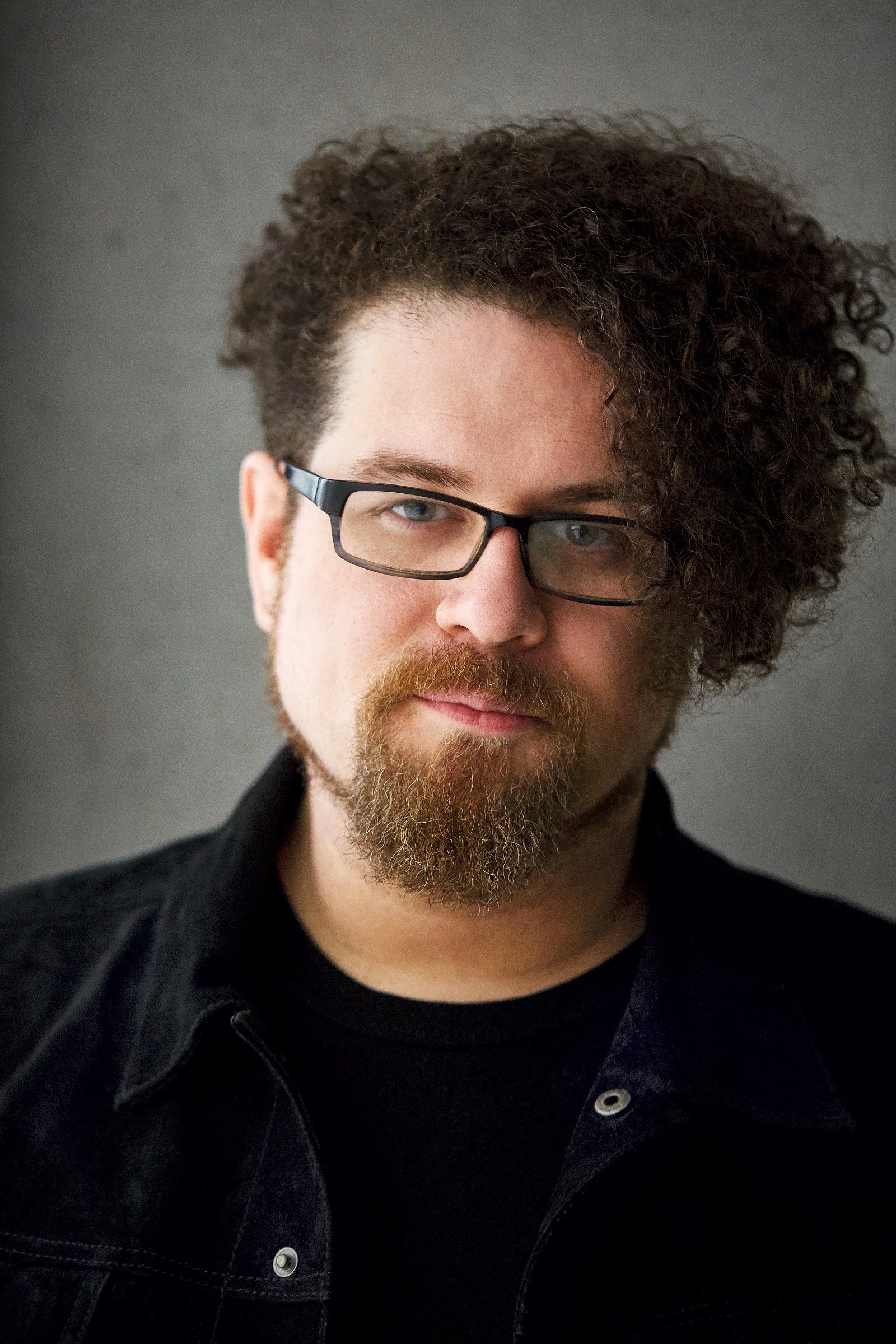
David T. Little
Composer
I feel optimistic about the future. The pandemic forced our community to be radically creative, finding new and sometimes unusual ways to continue making and presenting work. We embraced film, animation, streaming, sound design, and virtual reality more broadly than ever. We blurred the lines between traditional production roles and developed skills as filmmakers, editors, and audio engineers we never knew we’d needed. As a result, our community was transformed, and its definition of opera was broadened.
We can’t think that so-called alternate forms of operatic expression are simply placeholders until we get back to the “real” work of live performance. Instead, when live performance returns, it will do so in a world unavoidably transformed by our experiences in lockdown, as we look to our newly developed roles and technological skills to inspire and enable the creation of new operatic forms. Lockdown forced opera to reinvent itself to survive financially, aesthetically, and spiritually. After lockdown — much as in opera’s first 400 years — its reinvention will continue.
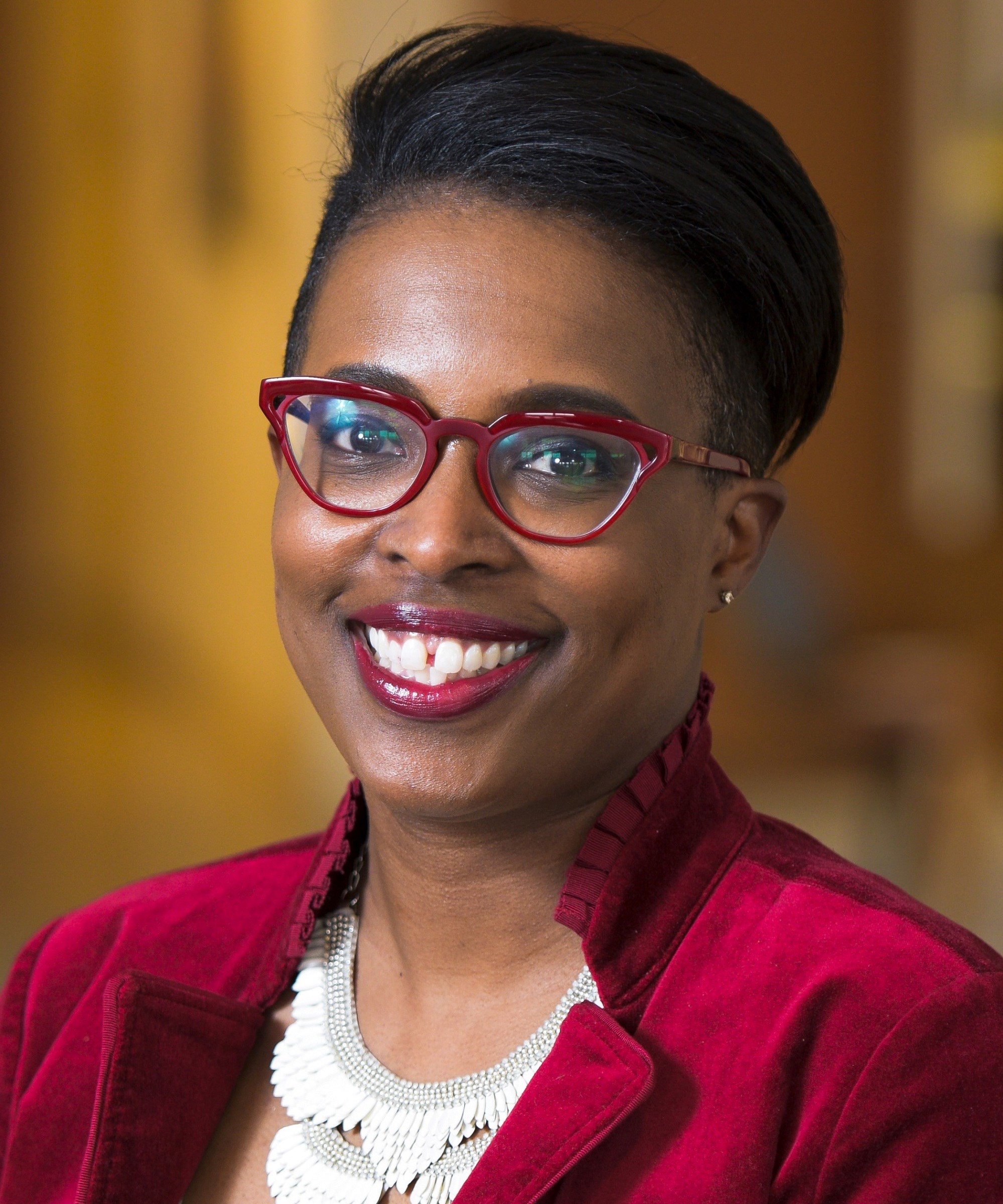
Nadege Souvenir
Board Chair, Minnesota Opera
The reality is that companies will need to make intentional choices about priorities, and some will not be easy. Opera has felt like something that belongs to the elite. The whole of the community has not been connected to it. Funding priorities are shifting away from the arts and focusing on education, housing, and other areas where disparities are impacting the day-to-day lives of people. Where can opera connect to that?
It’s not enough to say, “Well, we’ve done a black opera and we’ve reached out to black churches.” Take a look at your staff: How do you recruit? Whom do you invite? If you get the same people every time, it’s because the same people are doing the inviting. What are you asking of your board members? Is it just personal wealth? Or are you looking for diverse networks within the community? Who are the art-makers? Are we giving focus to historically underrepresented people? Addressing these questions requires a willingness to accept a bit of discomfort in the way we operate.
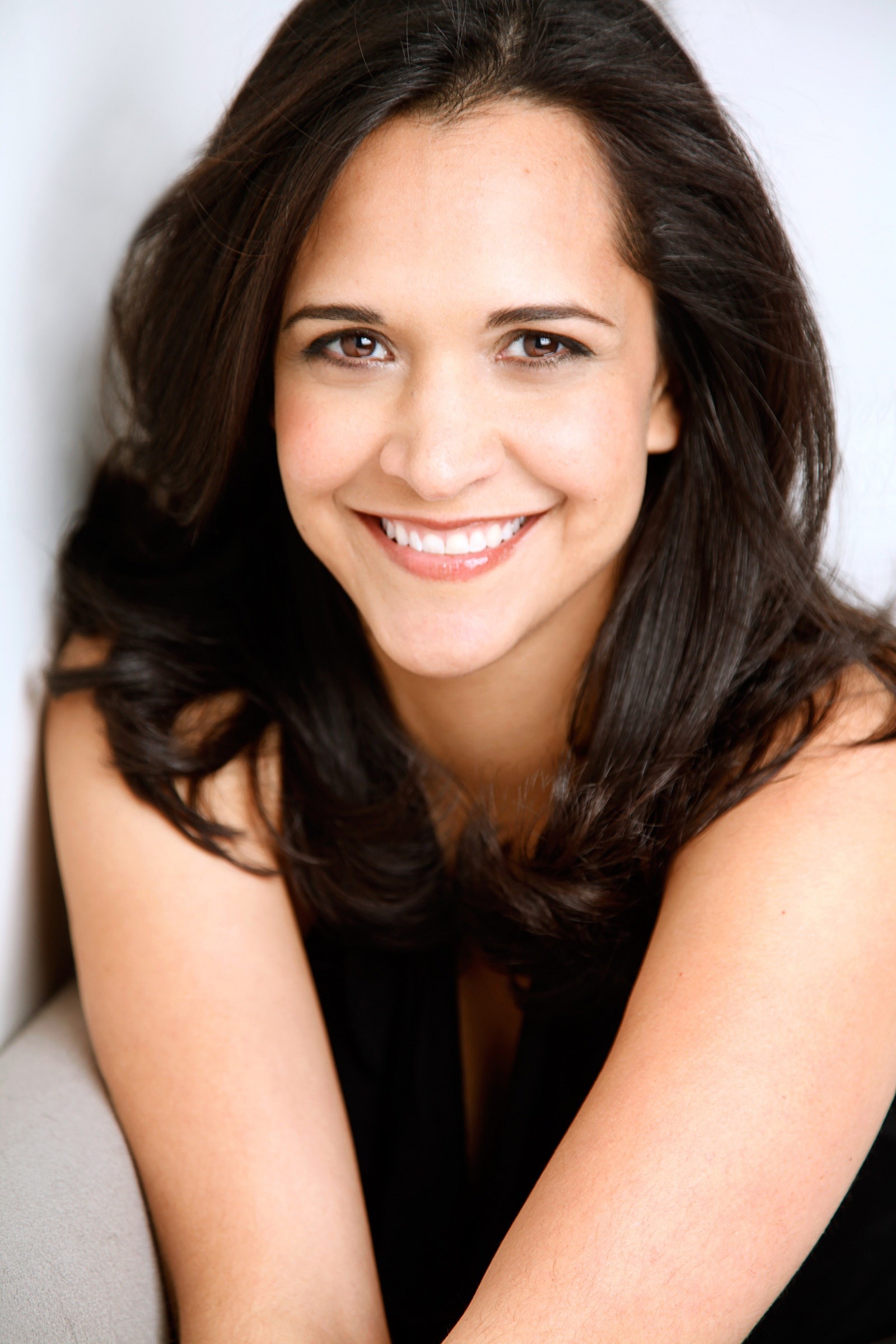
Khori Dastoor
General Director, Opera San José
What is an opera? If it uses artificial intelligence or virtual reality, would that mean it’s not an opera? If it’s written for singers who aren’t classically trained, is it not an opera? Can we challenge the word itself to grow beyond nostalgic associations? A meaningful collective experience that revolves around storytelling through the human voice — that’s opera.
I don’t think we’re moving into a world where we say goodbye to the canon. But we will be finding different ways for people to approach it. Perhaps a sound wall in a public space ... perhaps an app in your pocket ... perhaps a personalized content channel. A portal to access opera’s greatest hits and connect with others in doing so.
For an opera lover, there’s a huge difference between, say, a Donizetti piece and a Wagner piece. For someone who isn’t opera-literate, the experience can be about being in the lobby, or buying your ticket, or downloading an app. We assume that our audience members want to be faceless and lose themselves in escape. What if we’ve been totally wrong about that? I think they want to participate. They want to be there. They look at opera as something to be grappled with rather than admired from afar. They want to see how we work and what the opera looks like before it’s a finished product. They’ve become curators of their own personal brands, and they want to broadcast: “Hey, I was here. It tells you something about me as a person that I choose to spend my time this way.”
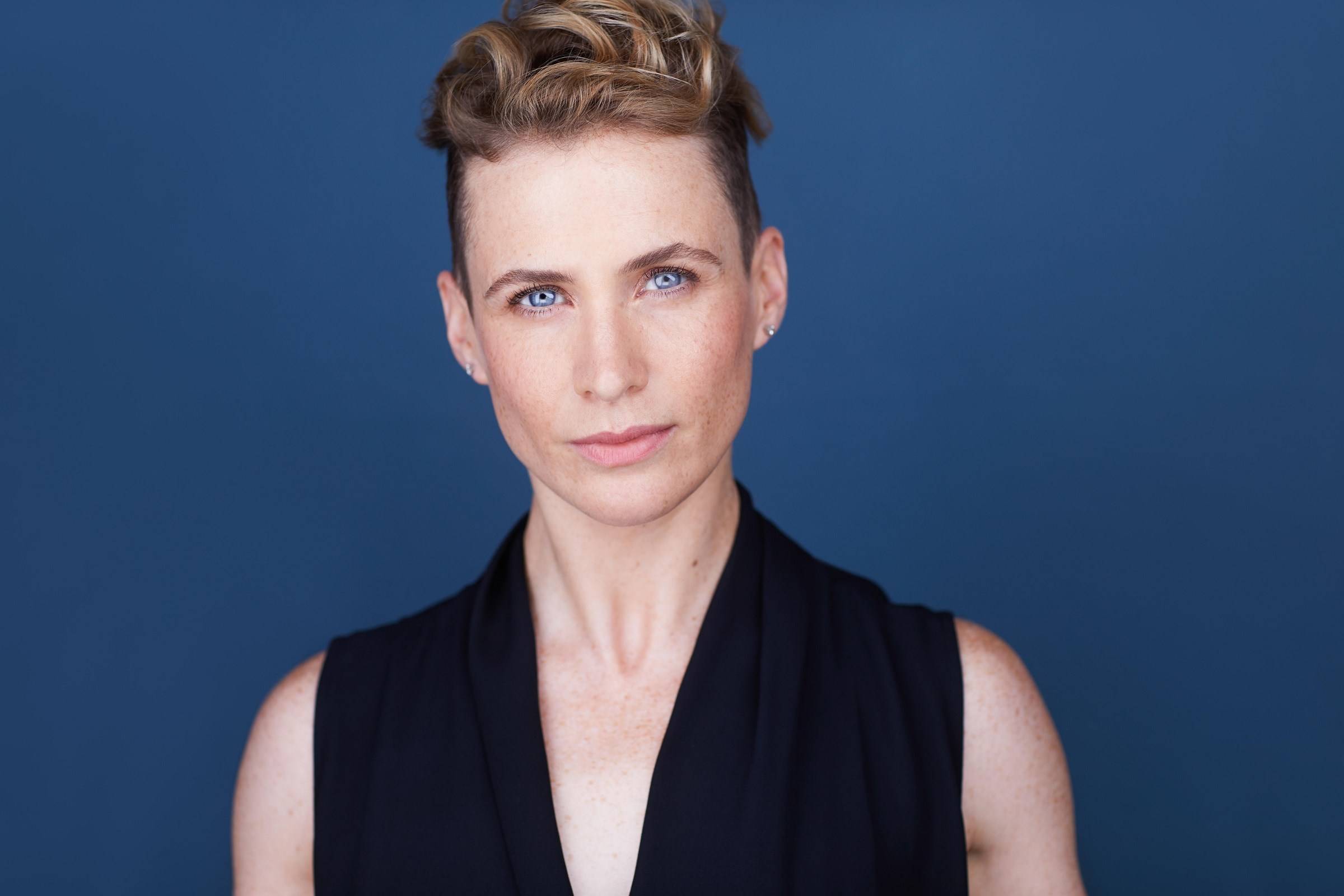
Alison Moritz
Stage Director
I’m hoping the boundaries of what we consider “opera” become even more permeable in the future. Events of the past year have created a fissure in our experience of opera, and of culture at large. Looking forward, we have to keep developing our ideas around managing risk, because trying new solutions is inherently risky and unwieldy. Tech companies iterate and iterate and iterate, with bug fixes along the way. We need to afford contemporary opera artists and administrators the same ability to reinvent, and the same freedom not to be held to a static idea of what opera is.
What standards should we aspire to maintain in the future? As a whole, our industry will benefit more from actively questioning our values and systems than it would from creating definitive answers. I’m curious to see how the next wave of American opera can reflect the diversity of excellence within our society. Not only will the roles and methods of individual artists change, but we will also see the continued evolution of opera outside of the “golden horseshoe.” There may be collective opera companies that exist solely to create content on-screen. Musical ensembles whose work is theatrical may consider themselves opera producers, even if they work entirely outside of the canon or without a fixed performance space. I also imagine opera artists branching out farther afield. That’s what has been so exciting about seeing John Holiday on The Voice: An artist who’s been trained within our community can go out and conquer the world through their unique combination of professionalism, originality, and relevance.
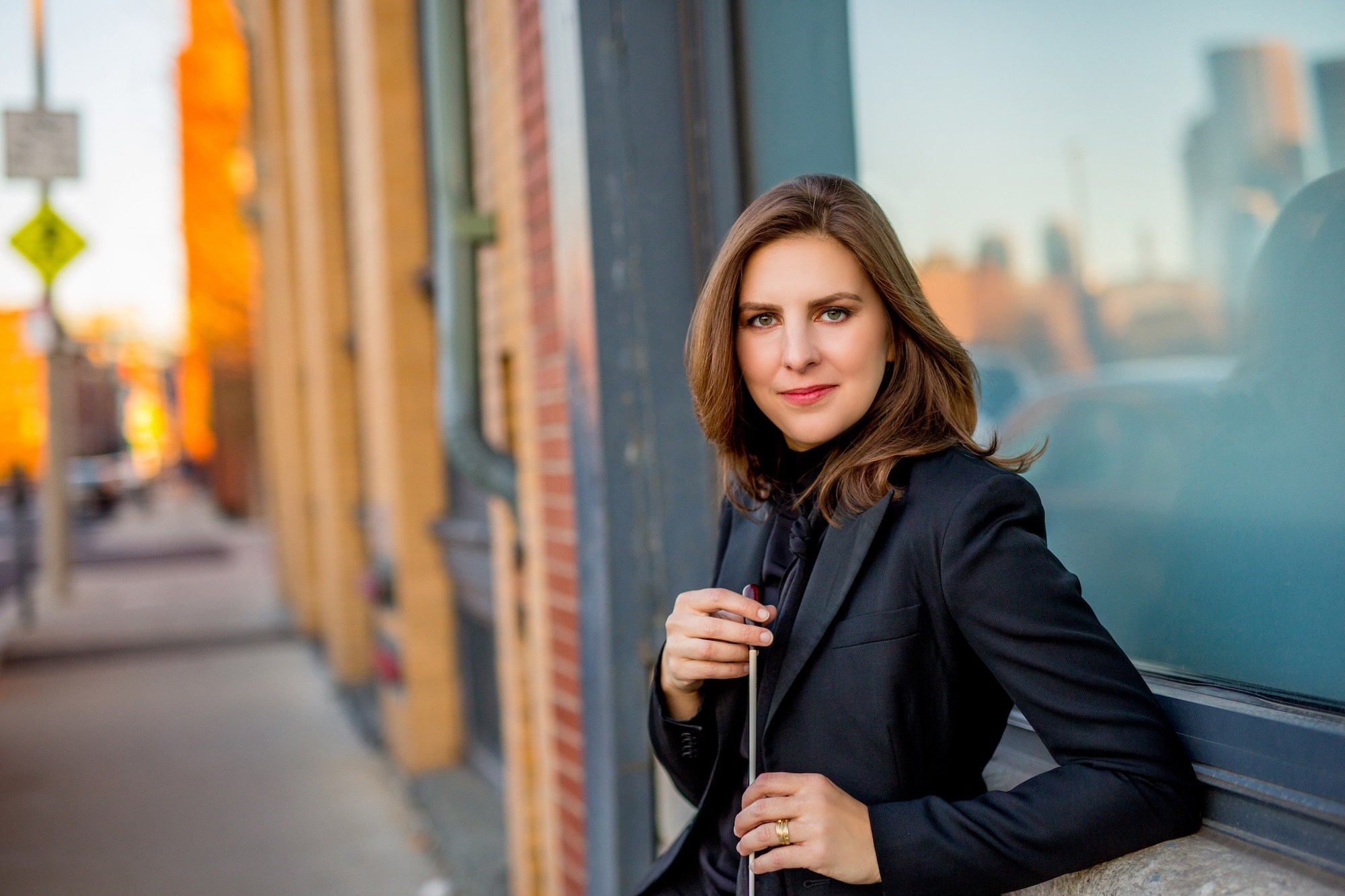
Lidiya Yankovskaya
Conductor; Music Director, Chicago Opera Theater
Art does not exist in a vacuum — it’s a reflection of our world. The greatest works throughout operatic history have had strong messages relating to their contemporary societies. For our art form to remain relevant, we need to focus on living creators of all backgrounds. We must do this now, and we must do it better. I am encouraged by the growing number of American composers and librettists who focus on and understand opera. I hope it will soon become standard for opera companies to commit to developing the creators of the future, just as we cultivate performers and administrators.
We must also foster a broader range of representation in the works we present. What are the stories we are telling — and who is telling those stories? Right now, we’re performing for a very small portion of the population. We need to make sure that we’re representing our world, and this cannot happen if the people creating and performing our art are not representative of our society. Representation is critical not only for its own sake, but also because it is essential for the creation of great art.
Art does not exist in a vacuum — it’s a reflection of our world. The greatest works throughout operatic history have had strong messages relating to their contemporary societies. For our art form to remain relevant, we need to focus on living creators of all backgrounds. We must do this now, and we must do it better. I am encouraged by the growing number of American composers and librettists who focus on and understand opera. I hope it will soon become standard for opera companies to commit to developing the creators of the future, just as we cultivate performers and administrators.
We must also foster a broader range of representation in the works we present. What are the stories we are telling — and who is telling those stories? Right now, we’re performing for a very small portion of the population. We need to make sure that we’re representing our world, and this cannot happen if the people creating and performing our art are not representative of our society. Representation is critical not only for its own sake, but also because it is essential for the creation of great art.
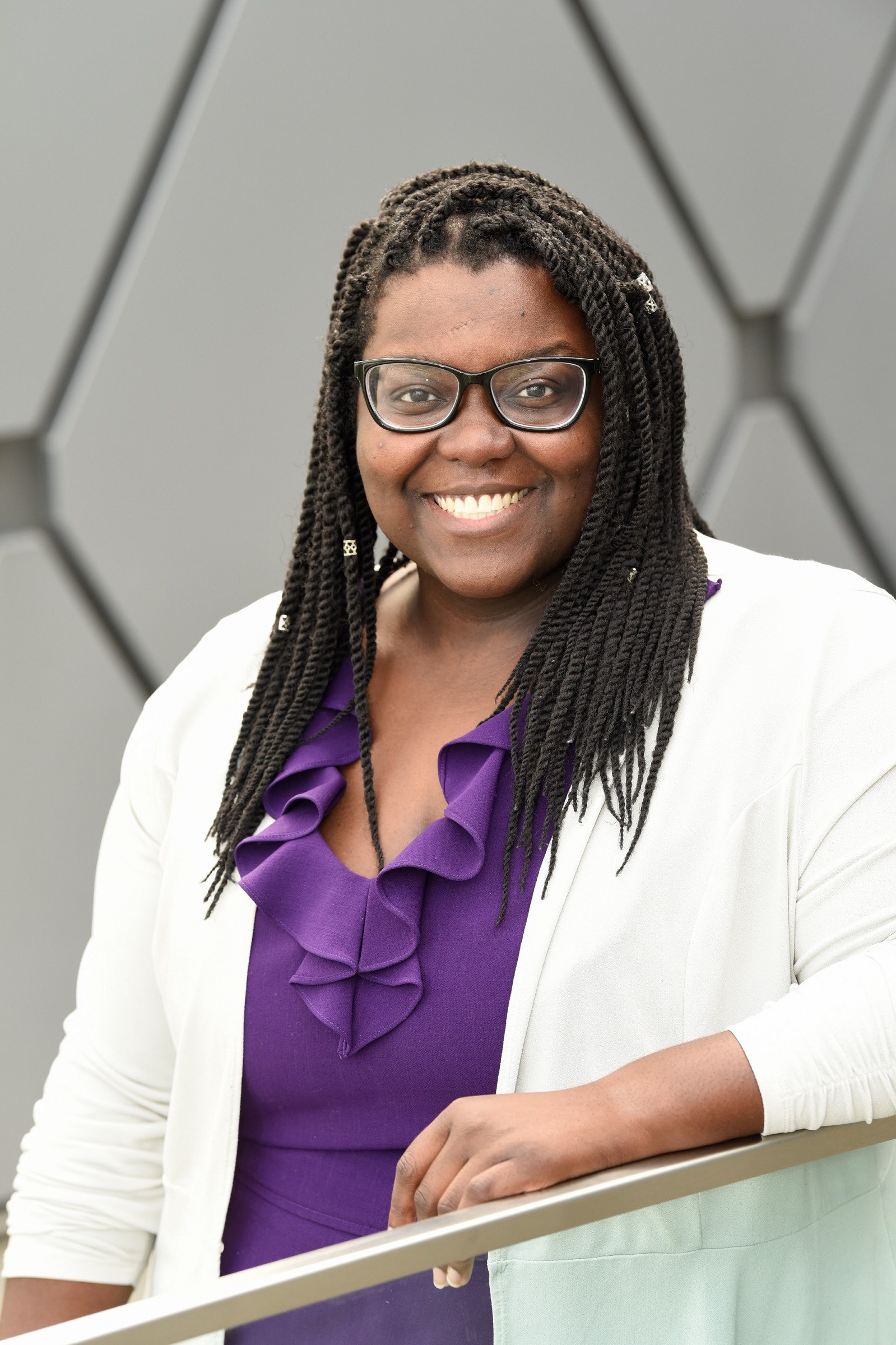
Quodesia Johnson
Education and Company Culture Manager, The Dallas Opera
We have to de-center whiteness in opera. Our nation is built on a system of white supremacy and division, and we need to address systemic issues, because opera is not exempt. We must dismantle the concept of whiteness as superior, as better and more natural in opera. As we face social constructs of race, gender roles, and false hierarchies of value, it is important that opera begins to center truth, connection, and the inherent humanity in storytelling.
We are stewards of storytelling. We have an obligation to get out of the way and let the art form do the work. Everybody has stories to tell and the ability to tell those stories. Even a story like Bohème: It’s about humanity; it’s about life; it’s about what we’re dealing with right now during the pandemic. I’m not saying we should completely dismiss the canon. But opera is a huge art form. It can hold more stories and more people.
Whether the changes we’re seeing now are sustainable depends on our own commitment. We will not see change at all if we continue with the same processes we have been using. We cannot fold this work in; we have to change. Our leadership must shift to represent more communities: If you come from a community, you’re mindful of that community, and this expands as we embrace and become embraced by other communities. This will not be easy; it will not be convenient. But if we have the humility to acknowledge mistakes and a relentless commitment to creating with others, we’ll be going through the right door, together.
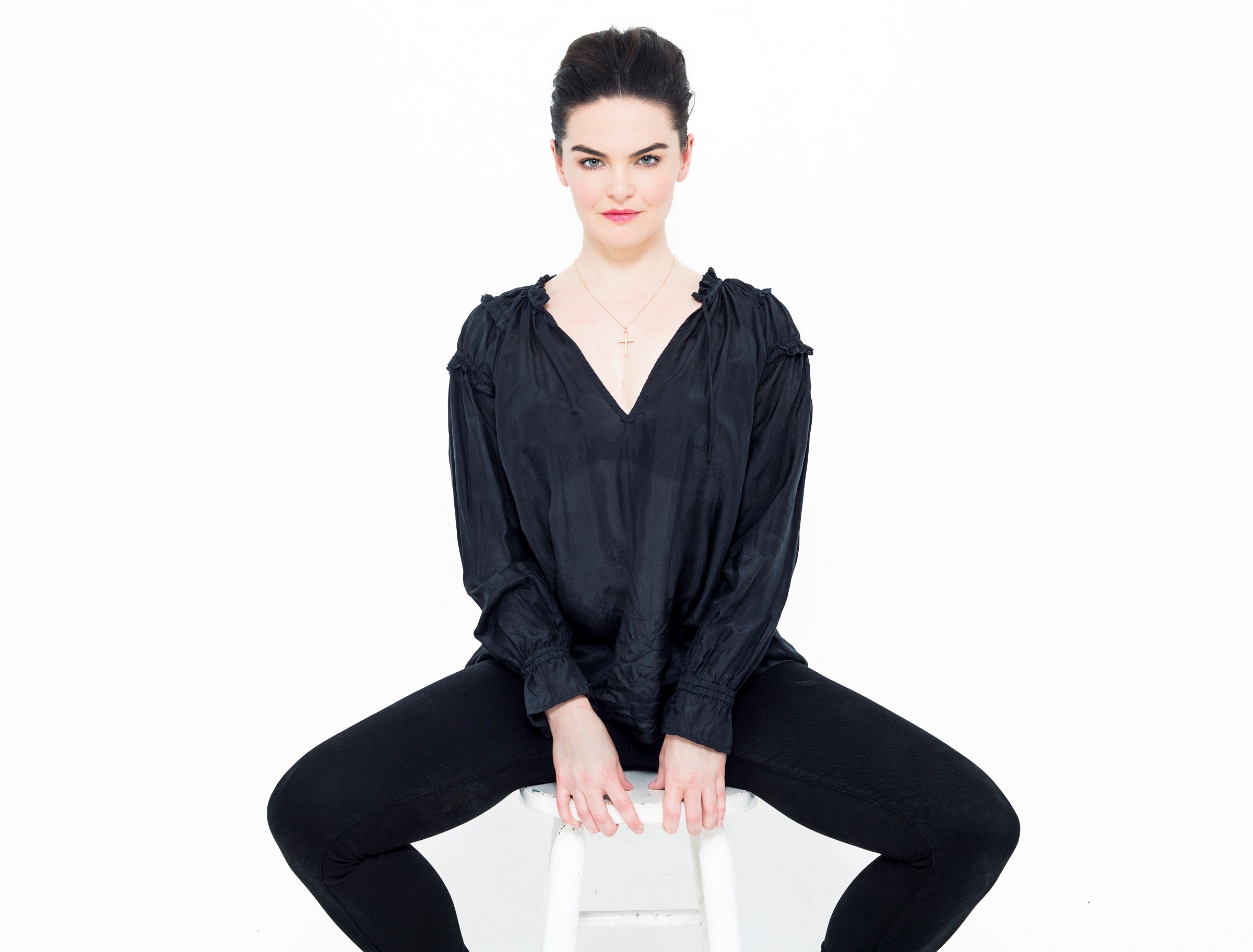
Lila Palmer
Librettist
Many people have this idea that opera is a stodgy monolith that we have to apologize for; that we have to destroy or intellectualize it to make it “relevant.” That’s misguided. Humans care about stories. We care about bodily received experience. Sharing those experiences — weeping, laughing, being changed. That’s the incredible possibility of this form and why it’s so demanding. I love the endless challenge of it.
There isn’t any replacement for live vibrations hitting you in the chest. But I do see great creativity around hybrid forms. Right now I’m working on a project called Splintered: a choose-your-own-adventure opera with two composers, Justine Chen and Jorge Sosa. It is being written to be performed both virtually and live in theaters. Digital or live performance? Not “either/or,” but “yes, and.”
In the beginning, opera was prima la parola, not prima la musica. The iron grid of the libretto — the story and the structure — is the basis of making everything work. Every other element builds on the foundation, so the foundation has to be solid. Must we expand who the storytellers are? Yes. Does that mean throwing out what we know about lyrical storytelling as a skill? No, that would be insulting to the people we say we want to have a voice on the opera stage. Master craftspeople break the rules, but they know what they are. I see a great tide of more representative, emerging talent rising, with new visions and new stories. Our opportunity is to meet that tide with full support. If we do, that influx of energy can lift all boats.
This article was published in the Winter 2021 issue of Opera America Magazine.






